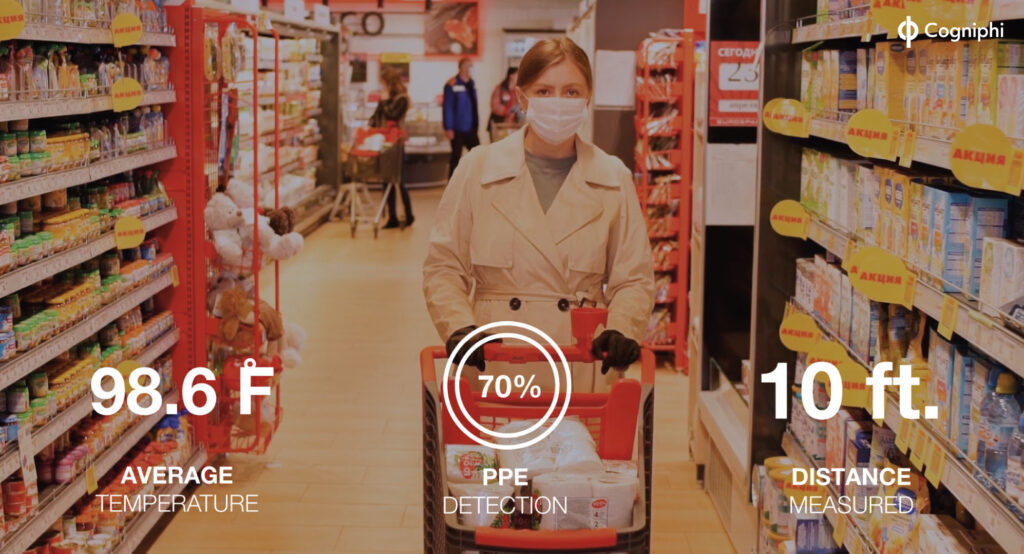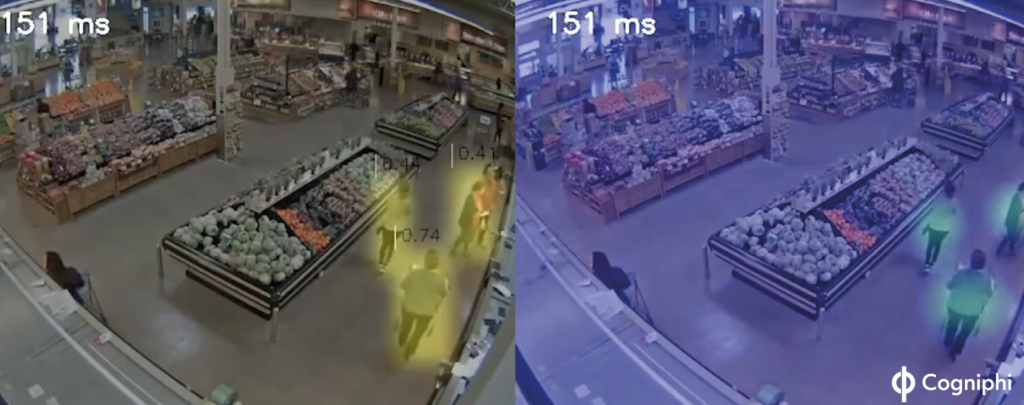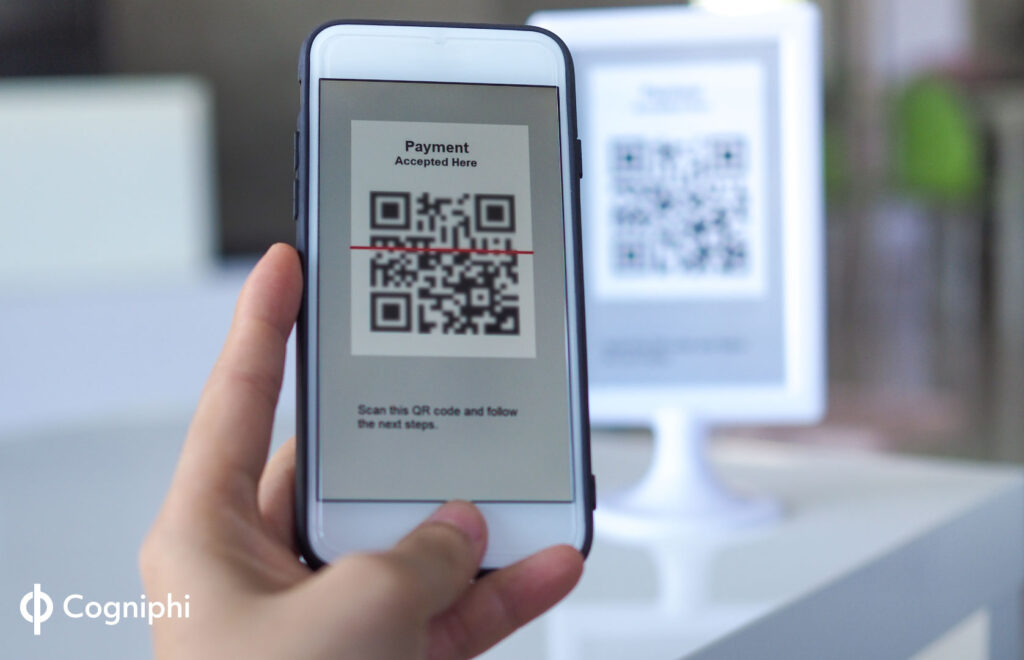We are a year into the novel coronavirus pandemic and it is now evident that shopping will never be the same experience again. Beneath its glitzy exterior, shopping at its very heart is a collective experience; it is a way for us to socially interact with friends, family or even strangers. And even though the pandemic has robbed us of this banal pleasure and pushed consumers towards online shopping, brick and mortar stores are here to stay, in fact, according to Euromonitor International – an English strategic market research firm – 83% of all products purchased globally in 2022 will still be bought in-store. However, social distancing is also a reality that isn’t going away anytime soon and customers are going to want safe shopping experiences. It is here that Artificial Intelligence (AI) holds vital answers and solutions.

Vision AI in Retail
Today, digital transformation in retail is all about connecting technologies and converting data into valuable insights so as to improve customer safety and experience. A distinct subset of AI’s Deep Learning capabilities known as Computer Vision or Vision Intelligence is leading the way in this sphere.
Vision-enabled AI is a relatively new field of computer science that integrates Video data, Computer Vision and Machine learning, and trains computers to replicate activities and identify patterns. Vision Intelligence (sometimes rudimentarily referred to as Video Analytics) works by interacting with the surroundings, helping the computer ‘sense’ and ‘recognize’ the live environment and ‘learn’ from the memory of past experiences by extracting patterns in visual signals. It provides the best contextual information to help one speed up business operations since it literally turns camera images into actionable insights and helps retailers be situation-aware real time.
During the pandemic, Vision Intelligence has opened the door for retailers to have their brick and mortar stores fully compliant with Covid-19 safety rules and regulations.

Safety guidelines adherence
AI-trained CCTV video analytics can be used to ensure social distancing is maintained. Essentially, ceiling-mounted cameras armed with computer vision use Deep Learning AI models to analyse videos and issue real-time alerts about people gathering in large groups or customers not wearing masks, etc. Vision Intelligence can also help store managers allocate personnel based on an analysis of customer inflow patterns; vis-a-vis footfalls, buying patterns, etc. Additionally, features such as heat maps automatically check temperatures of all customers, while issuing real-time alerts in case of anomalies.
Contactless shopping
Shopping in a post-pandemic world is going to focus on contactless technology. Anxious consumers worried about contracting pathogens from a point of sales (POS) will want to view and buy products with little to no physical contact. With the help of augmented reality apps, consumers can see display renderings of products and ingredients while maintaining social distancing. And no-contact checkout technology that uses AI tech can automatically detect when products are taken from or returned to a shelf, thus keeping track of a virtual cart. A contactless purchase means that a customer can simply exit a store, receive an e-receipt, and pay online. This reduces close-contact interaction and helps store staff to focus on other aspects of customer service and management.

In addition to compliance, Vision AI can additionally help retailers gain better insights into customer preferences and create more personalized shopping experiences. Vision AI studies consumer interactions and non-intrusively collects data that will help in determining, developing and implementing tailor-made solutions. For example, features like dwell time monitoring and facial emotion tracking, it is possible to address customer frustrations in real time by eliminating slow billing, predicting queue build up, identifying and assessing inappropriate staff behaviour, and resolving inadequate staff availability in certain areas. Advanced pattern recognition algorithms are also now available to help tracking aisle behaviour of the shopper, which also helps to understand shopper interests, tastes and preferences, as well as improve product placement.
All over the world, whether it is small boutiques or multinational supermarkets, retailers are looking to create convenient, personalised, enjoyable, and most importantly safe shopping experiences. The need for socially distanced shopping has accelerated the need for stores to adapt to digitisation. Computer Vision or Vision Intelligence seamlessly offers retailers the chance to improve their business while adhering to global safety guidelines in a post-pandemic world.
